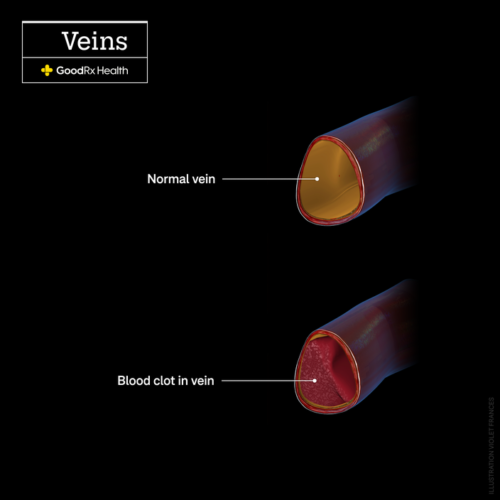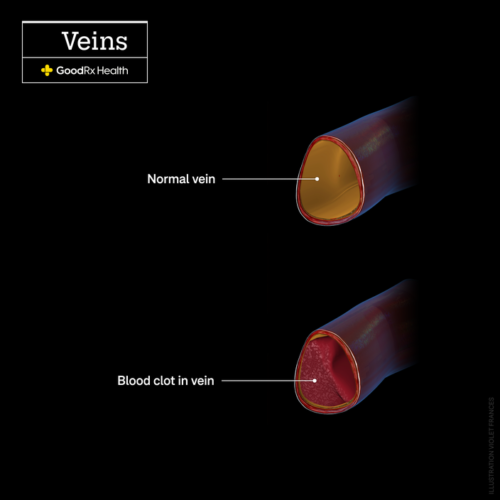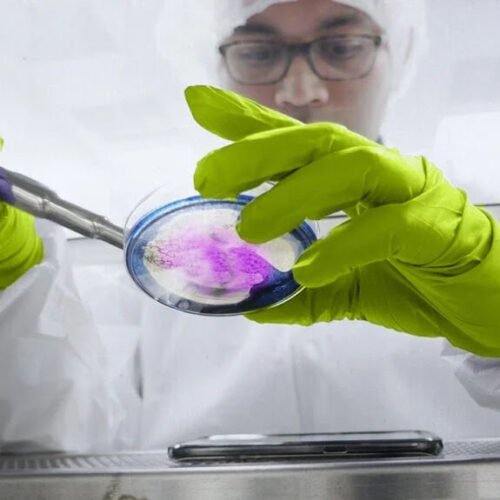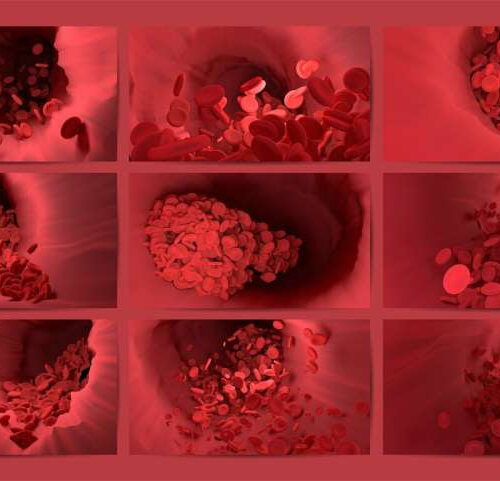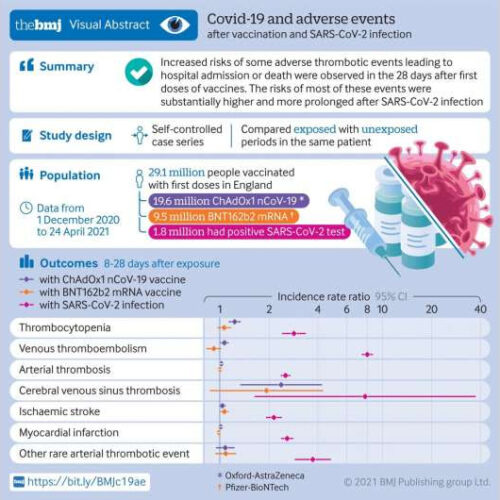Written by Angela Haupt | Reviewed by Patricia Pinto-Garcia, MD, MPHPublished on October 13, 2023 Key takeaways: Blood clots can happen anywhere in the body but are common in the legs. Clots can also break off and travel to the lungs.Risk factors for blood clots include surgery, sitting for a long time, and taking hormonal...
Tag: <span>Blood clot</span>
What Does a Blood Clot Feel Like?
Written by Angela Haupt | Reviewed by Patricia Pinto-Garcia, MD, MPHPublished on October 13, 2023 Key takeaways: Blood clots can happen anywhere in the body but are common in the legs. Clots can also break off and travel to the lungs.Risk factors for blood clots include surgery, sitting for a long time, and taking hormonal...
What Does a Blood Clot Feel Like?
Written by Angela Haupt | Reviewed by Patricia Pinto-Garcia, MD, MPH Key takeaways: Blood clots can happen anywhere in the body but are common in the legs. Clots can also break off and travel to the lungs.Risk factors for blood clots include surgery, sitting for a long time, and taking hormonal birth control.If you have...
How Do I Tell the Difference Between a Cramp and a Blood Clot in the Leg?
Written by Joanna Jan, MD | Reviewed by Katie E. Golden, MD Updated on April 13, 2022 Key takeaways: Leg cramps and a blood clot in the leg can both cause pain in the calf muscle. There are some symptoms that help differentiate whether your pain is from a cramp or a blood clot. Leg...
A safer blood thinner? This novel blood clot treatment doesn’t increase bleeding risk
While anticoagulants are important for preventing dangerous blood clots, they increase the risk of excessive bleeding. Future blood thinners may no longer increase the risk of bleeding if further studies confirm the potential of a new compound. Rather than target all clotting pathways to prevent thrombosis, the new compound strategically targets just one, so clotting...
New blood clot research indicates enhanced understanding of wound repair
by RCSI Credit: Pixabay/CC0 Public Domain Research carried out by RCSI University of Medicine and Health Sciences has revealed new information about how blood clots are formed during wound healing. The research, published tomorrow in Science Advances, examines the behavior of platelets at a wound site, specifically their ability to sense where within a blood clot they are and...
COVID-19, not vaccination, presents biggest blood clot risks: study
by University of Oxford Graphical abstract. Credit: DOI: 10.1136/bmj.n1931 Researchers from the University of Oxford have today announced the results of a study into thrombocytopenia (a condition with low platelet counts) and thromboembolic events (blood clots) following vaccination for COVID-19, some of the same events which have led to restricted use of the Oxford-AstraZeneca vaccine in...
New link between hypoxia and blood clot risk
Source:Louisiana State University Health Sciences Center Summary:Researchers have found how hypoxia (a low concentration of oxygen) decreases Protein S, a natural anticoagulant, resulting in an increased risk for the development of potentially life-threatening blood clots (thrombosis). Although hypoxia has been associated with an increased risk for thrombosis, this research showed for the first time a...
Blood-clotting protein prevents repair in the brain
Picture a bare wire, without its regular plastic coating. It’s exposed to the elements and risks being degraded. And, without insulation, it may not conduct electricity as well as a coated wire. Now, imagine this wire is inside your brain. That’s what happens in many diseases of the nervous system, such as multiple sclerosis (MS), spinal cord injuries,...
- 1
- 2

